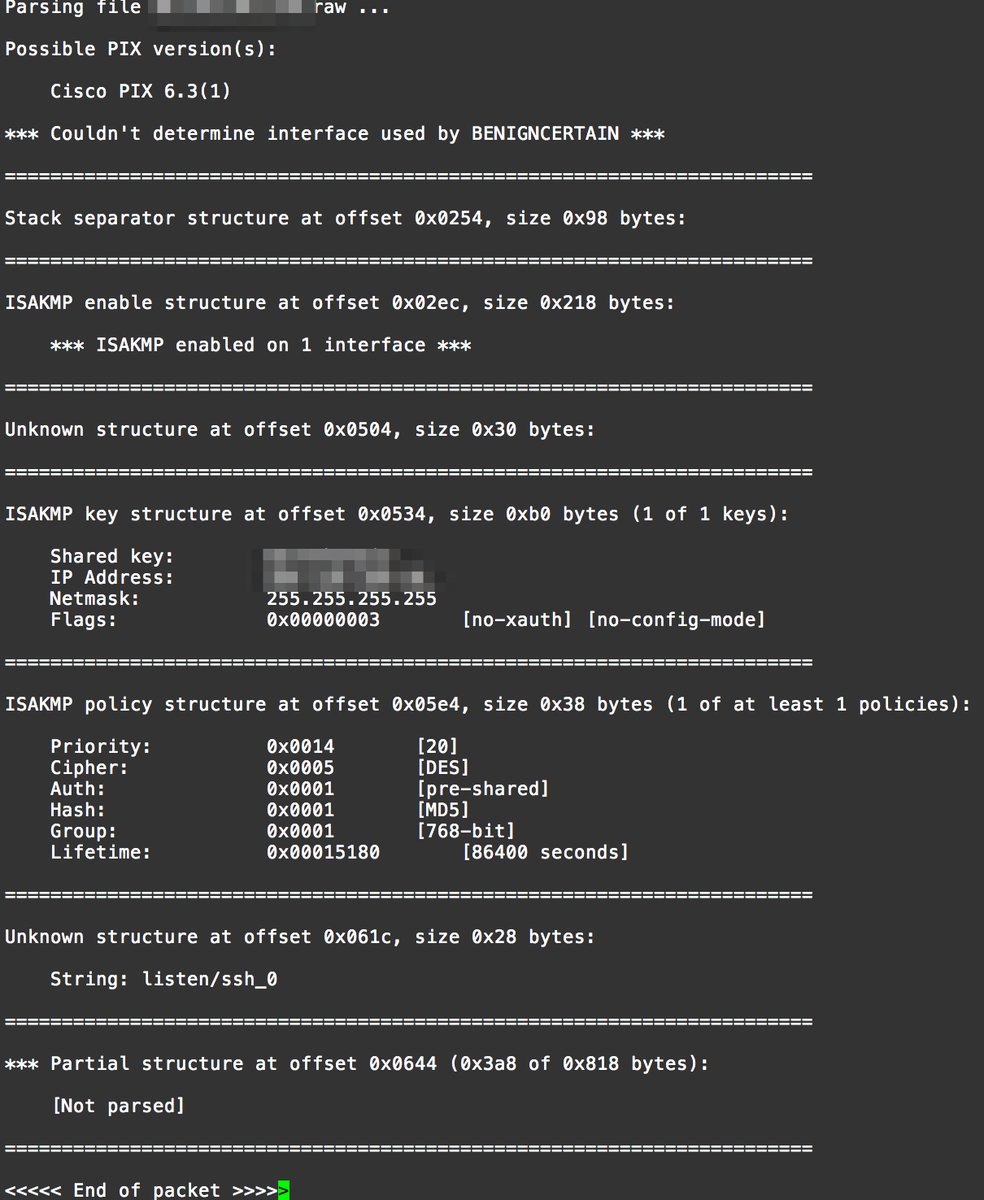This article discusses the current state of US-Russian relations. To say the relationship between the two superpowers is not good would be an understatement. The US has repeatedly accused Russia of hacking an revealing DNC secrets. Russia and Putin of course deny any involvement but that has not stopped the US from taking the approach that, if the Russians continue their intrusions during the election, they will launch a counter attack against the rival. The response against Russia will come after the election, according to the article. The article sites an NBC report that states the US will strike Russian electric grids, telecommunications networks, and the Kremlin’s command system. Targeting DNC emails is certain unlawful but hitting major targets such as the ones reported in Russia would have a much more devastating affect, it would seem.
http://gizmodo.com/obama-may-unleash-cyberwar-on-russia-after-election-re-1788654382
